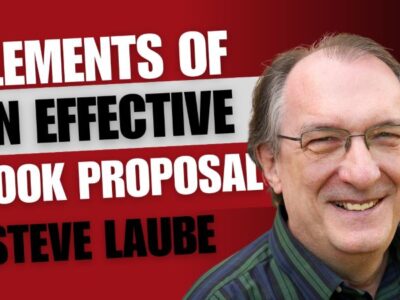In many ways, my life in books began in elementary school. I discovered our city’s public library with the help of my mom. I soon began walking there regularly after school. While there, in what seemed to be a massive building, I would explore the rows and rows of books. Plucking one off the shelf here and there and skimming pages. One day, I discovered a complete section of books on medieval knights and their armor. Hours were spent pouring over those illustrations and reading all that could be found about medieval warfare.
Later, in high school, I spent a semester as the librarian’s aide. She and I would race to see who could file things in the card catalog faster. (Yes, back then, we had a card catalog.)
In college, I spent my junior year, one full summer, and the first semester of my senior year working in the college library. I even explored the idea of getting a master’s degree in library science. There was a certain satisfaction in helping other students find the right material for their research or showing them how to use various pieces of equipment. In addition, many hours were consumed in the back room, repairing broken bindings and cataloging the rare book collection.
It is a sad thing when municipal budgets cut library hours, services, and budgets. It is as if they don’t realize how vital a strong library system is to our society. Instead, they see the library as a luxury, a nonessential. Last year, New York City threatened to cut its annual library budget by $58 million in 2025. The money was restored after a public outcry.
I’ve said it this way: “The public library system is the largest bookstore chain in the country, and few realize it. If a book is sold to only a tiny percent of the branches, your book could sell thousands of copies!” Even with digital initiatives changing the nature of libraries, they still buy books. Lots of books. (The issue of publishers selling ebooks to libraries is complicated.)
One estimate states there are 120,000 libraries in the United States. Of those, 9,000 are public libraries (which also have an additional 7,000 branches = 16,000 buildings). Included in the grand total are 98,000 school libraries, both public and private.
In 1881, Andrew Carnegie began using his wealth to build libraries around the world. He gave $56 million toward the effort (that’s $1.7 billion in 2025 dollars). 1,681 Carnegie libraries were built in the United States and 900 in other countries. At one point, Carnegie stated that a library was the best possible gift for a community since it gave people the opportunity to improve themselves. In his book An American Four-in-Hand in Britain, he wrote:
Whatever agencies for good may rise or fall in the future, it seems certain that the Free Library is destined to stand and become a never-ceasing foundation of good to all the inhabitants.
Please leave your thoughts on your library experience in the comments below.











